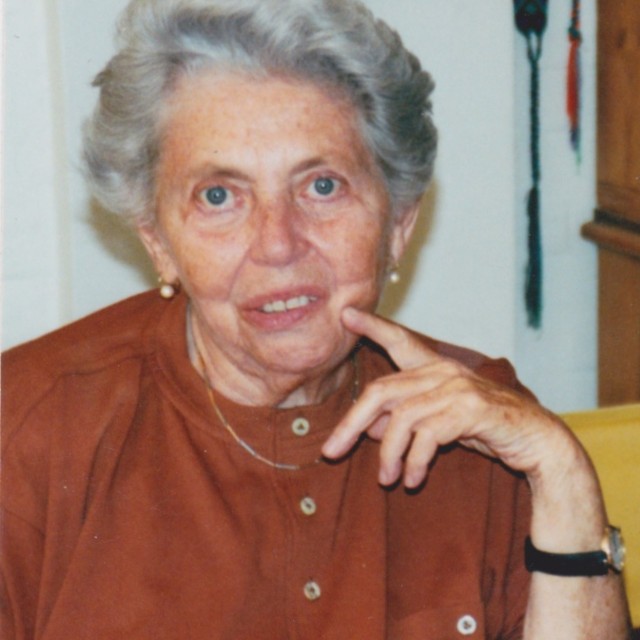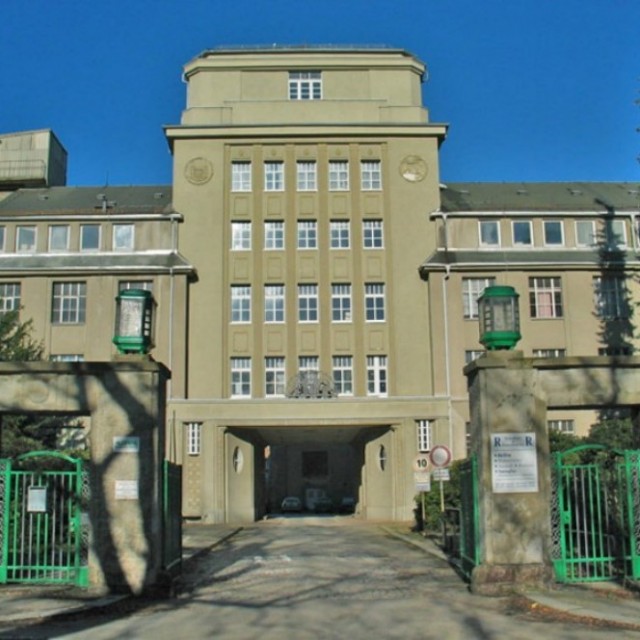We were making defective products
In the year 1944, sisters Marieta and Hana Bloch were taken by a transport from Auschwitz to the camp in Oederan. The local textile factory, which was transformed into a munitions and weapon factory during the war, was employing female prisoners. “We tried to do something for the defeat of Germany, so we were making defective products. Hana always said that she could tell whenever a product from my machine had reached her,” she recalled. The conditions in Oederan were more bearable compared to Auschwitz, but they were still very cruel:“Before and after each shift in the factory we all had to line up outside where they would count us. We were wearing summer clothes and winter was just starting. Every day, we would stand for two hours in the snow, but at least we could breathe some fresh air.” Both sisters were exhausted from the twelve-hour shifts and minimal food rations. But there were people who tried to help. “A German foreman would always leave a part of his food ration next to a machine of one of the workers,” Marieta recalled. When it was clear to the Germans, in the first half of 1945, that they would not win the war, they put the female prisoners of Oederan on trains and took them to Czechoslovakia.
Hodnocení
Hodnotilo 0 lidí
Routes
Not a part of any route.
Comments
No comments yet.




